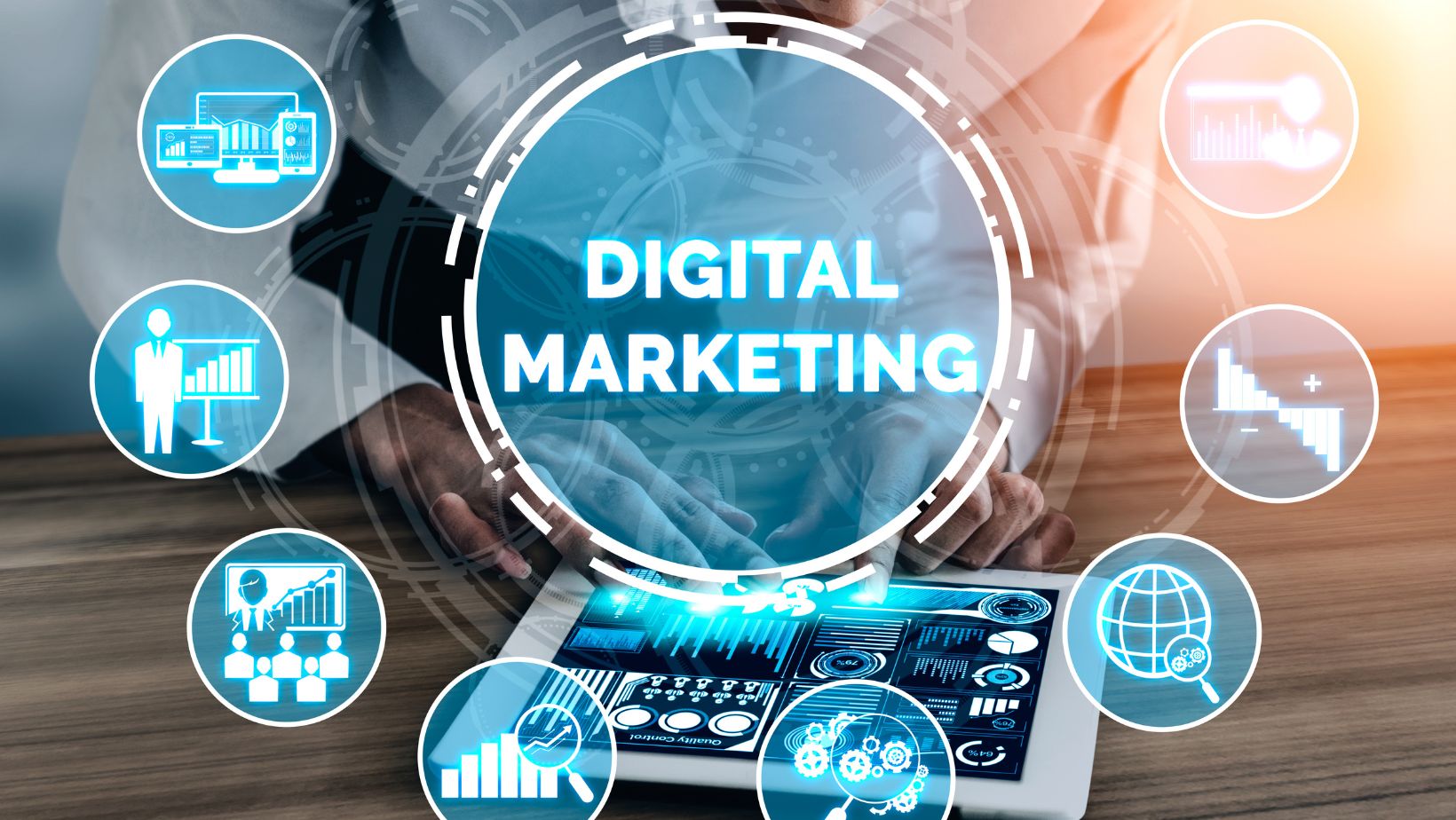Artificial intelligence is the most recent technology to have a massive impact across the board and can be used to supercharge digital marketing strategies. AI facilitates nearly all aspects of marketing, from search engine optimization to content creation, video marketing, ad targeting, and customer relationship management.
With newer models like generative AI, marketers can leverage the advanced capabilities of newer generative AI models to expedite content creation, customer analysis, and market forecasting. AI also supports cybersecurity, making it the most influential technology of modern times. Here’s an overview of five ways to leverage AI for marketing:
-
Speeding Content Creation
The most widespread use of generative AI is content creation. Many general-purpose AI systems available today can generate new data, including text, images, video, audio, codes, music, and more. Generative AI can create lengthy blog posts and guest posts for websites. Digital marketers can also use the technology to create personalized marketing messages, ads, social media posts, product descriptions, T&Cs, policies, and more.
With AI, there’s no more writer’s block, as the technology can analyze trends and provide suggestions for engaging content ideas. Marketers use AI to expedite the content creation by producing high-quality copies tailored to specific audiences. AI also helps with editing and grammar corrections, resulting in professional content. Since content is the heartbeat of marketing and advertising, AI helps save a significant amount of time and effort.

-
Analyzing Marketing Data
Modern digital marketers can use AI to boost customer engagement, automate marketing tasks and processes, optimize operations, and predict customer behavior using existing patterns. These capabilities stem from AI’s ability to analyze large volumes of data from different sources. AI can analyze data, processes, sentiments, and activity and provide insights and summaries based on the data, programmed strategies, and past results.
The technology allows marketers to collect and sift through data from all marketing platforms, eliminating the need to export and piece data together. With AI, marketers can collect data from website visits, social media engagement, app interactions, email clicks, purchase history, and more. AI also helps to map customer touchpoints, identify friction points, outline customer preferences, and provide contextual insights and predictive analytics.
-
Personalizing Content and Offers
AI tools can analyze customer interactions and behavior to identify preferences, pain points, personalities, and more. Gaining insight into these metrics allows digital marketers to craft personalized content and offers, improving click-through rates, conversion rates, and satisfaction. For instance, AI dynamic content can change the customer experience after analyzing information filled on a form to display more personalized interfaces and suggestions.
Many industries already use AI to personalize marketing campaigns, customer service, and customer relationship management. For example, online casinos analyze the pages, games, and bonuses players claim on the site. They can then suggest slots, roulettes, poker, live games, free spins, deposit bonuses, and other offers to keep players returning for more. Customer service chatbots provide 24/7 digital assistance and insights into player preferences, allowing marketers to improve engagement and overall experience.
-
Automating Marketing Campaigns
AI-powered tools can automate various aspects of email and social media marketing campaigns. The technology is efficient at crafting catchy subject lines and product descriptions, allowing marketers to create more interesting emails for their subscribers. AI also analyzes email list behavior, providing insights into what subscribers like, which emails they open, links they click, times they check their emails, and more.
With this information in mind, digital marketers can create targeted emails that resonate with the target and send them at the ideal time to boost open and click rates. AI also facilitates A/B testing automation, reducing the time needed to optimize subject lines, call-to-action links, and design layouts. Moreover, AI tools can analyze email content to flag spam triggers and other elements that might land sent emails in junk folders. The technology simplifies and speeds up the email marketing while facilitating performance tracking and reporting.
-
Enhancing Search Engine Optimization
AI-powered tools can help marketers improve the visibility of their landing pages and websites in search results. Marketers can use AI to get keyword recommendations for optimized content, discover relevant topics and popular content ideas, and generate high-quality blog posts and guest posts. Thanks to real-time data analysis, AI also facilitates content performance tracking, allowing digital marketers to make proactive decisions for improved SEO outcomes.

AI technologies like natural language processing and transcriptions allow marketers to integrate voice search options so customers can find their business using voice search queries. The technology also facilitates website SEO audits and performance tracking with comprehensive reports and integrations. Marketers can integrate their tools with Google Search Console and other marketing and AI systems to get deeper insights into their SEO performance.
Key Takeaways About AI’s Role in Marketing
Modern digital marketers have the incredible advantage of using machine learning, natural language processing, large language models, generative AI, and other AI technologies in their marketing strategies. AI facilitates all aspects of marketing, from content generation to monitoring customer engagement and managing interactions across all touch points. Marketers can also deploy AI tools to improve customer support, enhance cybersecurity, and personalize messaging and services, which helps to reduce costs, scale engagement, and boost sales.




